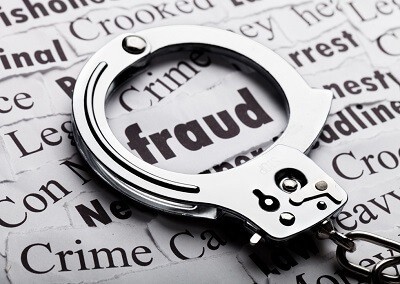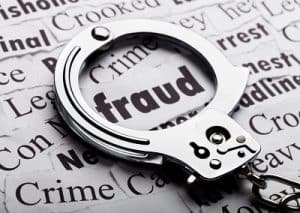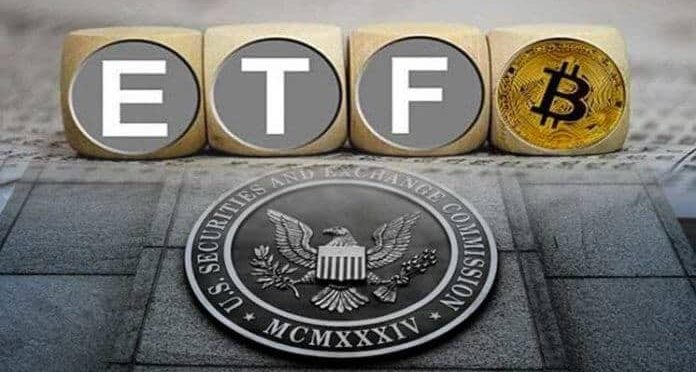Join Our Telegram channel to stay up to date on breaking news coverage
The United States Securities and Exchange Commission (SEC) is taking additional action against Blockvest, a company that tried to issue a digital token years ago.
In a filing dated January 10, the financial regulator accused the company and its founder- Reginald Buddy Ringgold III- of falsifying signatures and documents that were related to the case that has been going on for about two years now.
Offering a Falsely-Advertised Token
Blockvest found itself on the SEC’s radar in October 2018, when it tried to launch an Initial Coin Offering (ICO). At the time, the company claimed that it had gotten approval from the watchdog to launch, and all systems seemed set. However, the SEC filed an emergency court order to suspend both the token offering and any pre-ICO sales.
SEC Obtains Preliminary Injunction Against Blockvest LLC and Its Founder for Making Fraudulent Offers of Securities in Reconsideration of Earlier Order https://t.co/iMoJMtEP7W
— SEC Enforcement (@SEC_Enforcement) February 14, 2019
According to the court order, the SEC alleged that Blockvest falsely claimed to have gotten approval from it and other major financial regulators for its ICO. The company and its affiliates were accused of violating federal law by impersonating a seal from the SEC, as well as running an ICO and promoting it via a fake company called the “Blockchain Exchange Commission.” The fake commission also allegedly used both a seal identical to that of the SEC and the agency’s location.
Summarily, the U.S. District Court for the Southern District of California seized Blockvest’s funds and suspended its securities registration provisions.
Blockvest Lied and Forged Signatures to Secure a Reversal
Although the SEC’s case against Blockvest seemed ironclad, the case took an interesting turn less than a month later, when the District Court ruled that the agency had provided inadequate proof to show that the tokens sold by the firm were actually securities.
In his ruling, Judge Gonzalo P. Curiel said, “At this stage, without full discovery and disputed issues of material facts, the Court cannot make a determination whether the BLV token offered to the 32 test investors was a ‘security.’ Thus, Plaintiff [the SEC] has not demonstrated that the BLV tokens purchased by the 32 test investors were ‘securities’ as defined under the securities laws.”
https://twitter.com/jpscasteras/status/1096488308597837827
In its new filing, however, the SEC claimed that Blockvest submitted false testimonies during depositions. The firm reportedly claimed that the pre-ICO tokens were never sold to actual investors, adding that the participants in the sale invested without expecting any tokens in return.
However, the SEC alleged that the declarations were false, while one of the declarations contained a forged signature. Some declarations were also reportedly made by Ringgold’s associates, whom the SEC alleges was told to lie in their depositions. All of these, the agency alleged, played a part in the court’s ruling to reverse its initial order on the firm.
As restitution, the SEC is now seeking the imposition of “terminating sanctions” on Blockvest.
Join Our Telegram channel to stay up to date on breaking news coverage


